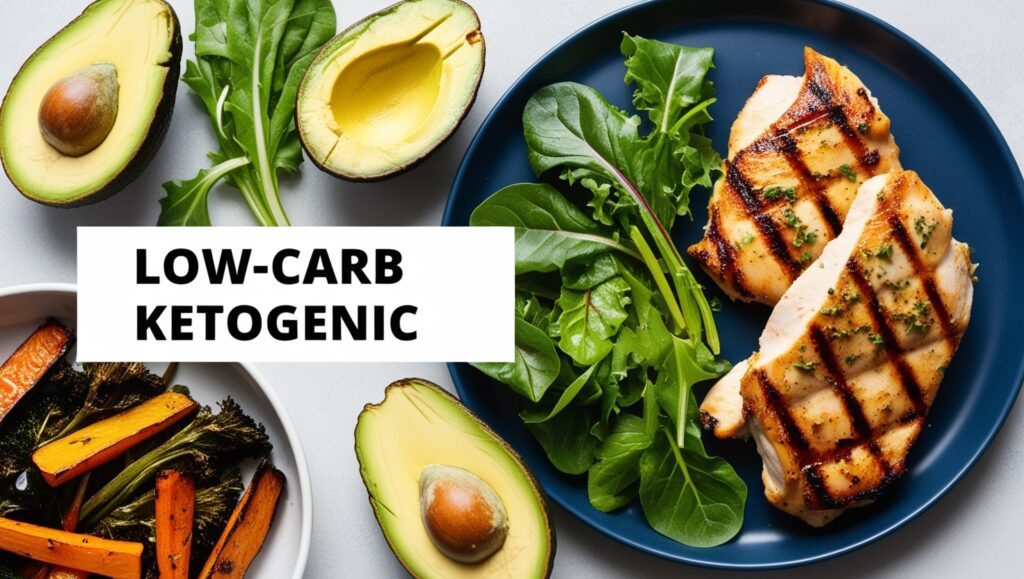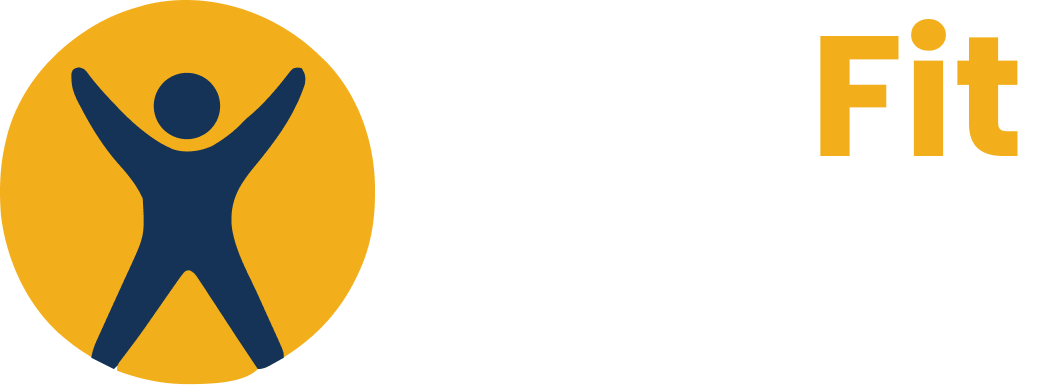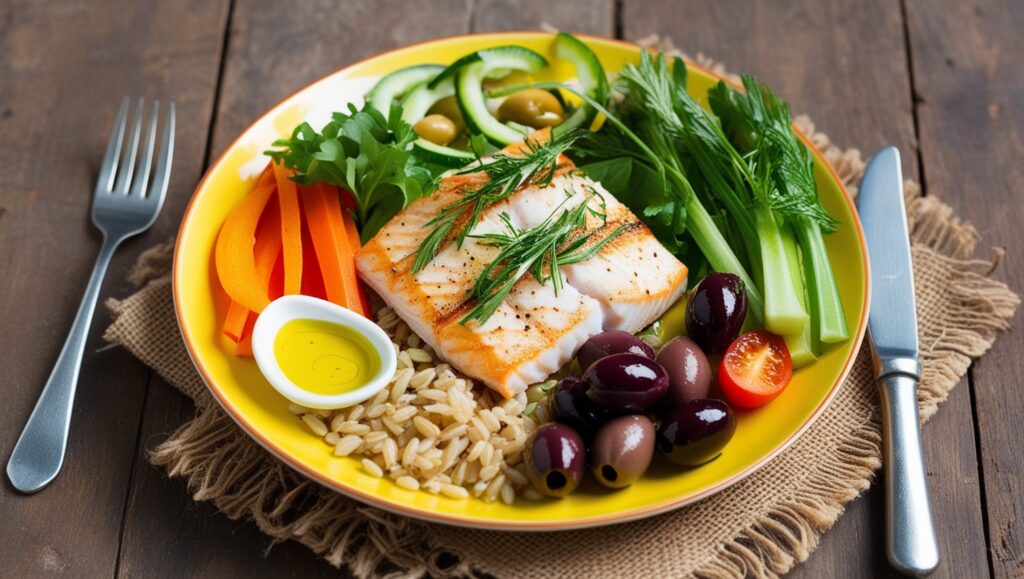With the diet news and trends that circulate through the media, it can hard to know how to lose weight and what diet will work for you. This guide takes a closer look at science-approved diets that facilitate lasting fat loss.
Understanding The Fundamentals Of Weight Loss
The cornerstone of any successful weight loss program is a calorie deficit — eating fewer calories than your body is burning. But the best weight loss diets know you have to eat the right foods, not just less food.
- Calorie Deficit: An expenditure of 500-1000 calories per day results in a safe and manageable weight loss of 1-2 lbs per week.
- Quality of Nutrition: Emphasize nutrient-rich foods that contain proteins, complex carbohydrates, healthy fats and fibers that stimulate metabolism and sustain muscle mass.
- Sustainable Weight Loss: Good weight loss programs focus on slow and steady changes that take place over time, resulting in lasting success in managing a healthy weight.
Considerations in Choosing the Right Weight Loss Diet Programs
When analyzing the best weight loss programs, the following is what to look after:
- The Research: Select items based on peer-reviewed research.
- Dietary Balance: Make sure you are consuming all the necessary macros and micros.
- Sustainability: Choose a plan you can stick to forever.
- Customization: Try to find a preference in setting up for custom Personalization.
- Support Systems: Look for programs that have guidance and a community.
Top Weight Loss Diet Programs
Mediterranean Diet
Touting itself one of the best weight loss diet plans, the Mediterranean Diet focuses on fruits, vegetables, whole grains, lean proteins, and healthy fats, including olive oil.
- Pros: Reduces heart disease and inflammation; promotes sustainability.
- Cons: Slower weight loss at first, could be unsustainable.
- Good For: Someone wanting a lifelong eating approach instead of a short-term diet.
Intermittent Fasting
This method is not about what you eat, but rather when you eat and it includes, among others:
- 16/8: (16 hours fast, 8 hour eating window)
- 5:2: (5 days eating normally, 2 days low calories)
- Benefits: Flexibility, potential metabolic benefits, ease.
- Drawbacks: Potential for hunger, bloating.
- Best For: Those who don’t desire a straight-jacket style of eating due to taste and pleasure in food.
Low-Carb/Ketogenic Diet
It forces your body to use fat to burn fat as an efficient fuel source by reducing your carbohydrate intake to levels at which fat burning is paramount.

- Benefits: Fast results in the beginning, less hunger, improved insulin response.
- Drawbacks: Restrictive, possible signs of “keto flu”.
- Best For: People who want fast results or need to drastically change their diet.
Weight Watchers (WW)
This system being a points-based system meaning foods and drink are given points values for each person to use up in a day based on their nutritional values consumed that day.
- Pros: No foods are off-limits, flexibility to work out a diet that fits with a person’s lifestyle, especially for those who travel; support offered throughout; can be less expensive than other diets for some.
- Cons: You have to track your calories and the diet takes work — and time.
- Good For: Anyone who really wants to focus on how to make changes to their lifestyle, who has the time and is up for a challenge.
Plant-Based/Vegan Diet
Plant-based, this plan removes or restricts animal-based foods.
- Pros: High fiber consumption, environmental benefits, antioxidant-rich.
- Cons: Need to be mindful of their diet to meet smart nutrient intake recommendations.
- Best For: Ethical reasons or a plant-based diet are preferred.
Personalizing Your Approach
THE IDEAL FAT-BURNING DIET: Your …
- Lifestyle: Your schedule, cooking skills, and eating habits are important factors to take in consideration.
- Preferences: Select a plan with foods you like.
- Health Factors: Consider any pre-existing condition and medications you may take.
- Stage Of Life: Change postsuring based on age, change in hormones, and how much they actually move.
Companion Methods for Better Results
Optimize the effect of your diet of choice with:
Regular Physical Activity
There is no better combination than mixing cardio, body resistance exercises, and flexibility exercises to lose the most fat.
Strive for 150 minutes of moderate activity a week plus 2-3 strength sessions.
Stress Management
Meditate, do yoga, deep breathing or any relaxation method to control cortisol that would otherwise contribute to fat storage.
Quality Sleep
Make sure to get your 7-9 hours of sleep each night to help keep hormones in check, cravings at bay, and for a quicker recovery.
Proper Hydration
Make sure you get at least 64 ounces of water per day to fuel your metabolism and suppress false hunger cues.
Exploring Attitudes and Behavior: The Relationship between Hypnotherapy and Effort in Weight Loss Contexts
The best weight loss diet programs can fail if you do not address the mental aspect of eating. Focus on:
- Mindful Eating: Learn to listen to your own hunger and food needs.
- Positive Attitude: Consider a challenge an opportunity rather than a setback.
- Habit Creation: Train and develop habits that help you succeed.
- Stress Reduction: Learn healthy ways to cope and de-stress without food.
Long-term Success Strategies
AFTER YOU REACH YOUR GOAL: How to keep up your results:
- Incremental Movements: Increase calories slowly but surely, sticking with healthy treats and eats.
- Ongoing Monitoring: Keep counting the pounds or taking measurements or noting how clothes fit, or whatever else you do.
- Keep It Moving: Design your life to include physical activity as if it’s a must-do thing.
- Support Systems: Keep in touch with people that have similar beliefs or experts.
Conclusion
The top-rated weight-loss diet plans offer structure and guidance while helping you learn healthy way to live. Instead of looking for a magic bullet, opt for scientifically supported meal plans that align with your likes and availability.
With effective weight loss tactics, you can lose fat— and keep it off.
By using these tips, you can lose fat— and keep it off.
About fat: It’s the subject of heated debates — and the destination of guilt-inducing “jokes.”
The fats in food have been blamed for our health problems and turned into enemy No.
Note:
Always consult with a healthcare professional prior to starting any new diet plan to ensure this plan is suitable for you if you are an individual with special health conditions.
Losing weight is personal, and the most effective way to lose weight is on a plan designed just for you.

